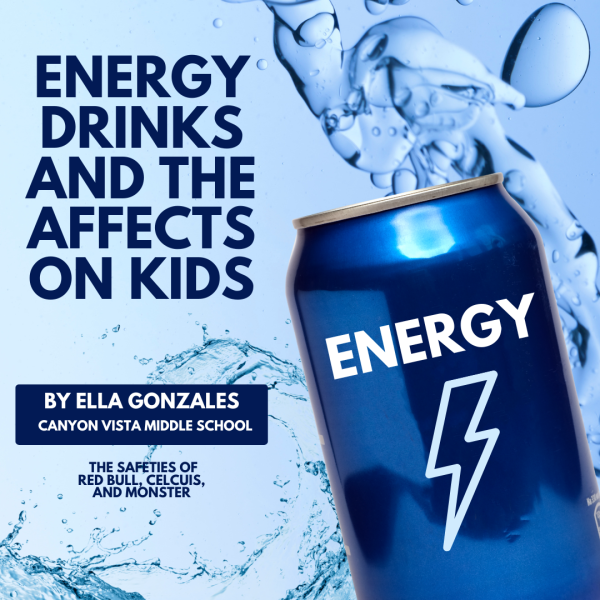Depression
It’s a serious mental health condition that requires understanding and medical care. Left untreated, depression can be devastating for those who have it and their families. Fortunately, with early detection, diagnosis and a treatment plan consisting of medication, psychotherapy, and healthy lifestyle choices, many people can and do get better. People of all ages and all racial, ethnic and socioeconomic backgrounds experience depression.
Symptoms
Depression can present different symptoms, depending on the person. Common symptoms include:
- Changes in sleep
- Changes in appetite
- Lack of concentration
- Loss of energy
- Lack of interest in activities
- Hopelessness or guilty thoughts
- Changes in movement (less activity or agitation)
- Physical aches and pains
- Suicidal thoughts
Causes
Depression does not have a single cause. Scientists believe several factors can contribute to depression:
- Trauma Can cause long-term changes in how their brains respond to fear and stress. These changes may lead to depression.
- Genetics Mood disorders
- Life circumstances Marital status, relationship changes, financial standing and where a person lives influence whether a person develops depression.
- Brain changes The brain is associated with changes in how the pituitary gland and hypothalamus respond to hormone stimulation.
- Other medical conditions People who have a history of sleep disturbances, medical illness, chronic pain, anxiety and attention-deficit hyperactivity disorder (ADHD) are more likely to develop depression. Some medical syndromes (like hypothyroidism) can mimic depressive disorder.
- Drug and alcohol abuse 30% of people have depression. This requires coordinated treatment for both conditions, as alcohol can worsen symptoms.
Diagnosis
The symptoms of a depressive episode include:
- Loss of interest or loss of pleasure in all activities
- Change in appetite or weight
- Sleep disturbances
- Feeling agitated or feeling slowed down
- Fatigue
- Feelings of low self-worth, guilt or shortcomings
- Difficulty concentrating or making decisions
- Suicidal thoughts or intentions
Treatments
Depressive disorder can be a devastating illness, it often responds to treatment. The key is to get a specific evaluation and treatment plan. Safety planning is important for individuals who have suicidal thoughts. Treatments can include:
- Psychotherapy including cognitive behavioral therapy, family-focused therapy, and interpersonal therapy.
- Medications including antidepressants, mood stabilizers, and antipsychotic medications.
- Exercise can help with prevention and mild-to-moderate symptoms.
- Brain stimulation therapies can be tried if psychotherapy and/or medication are not effective. These include electrocution therapy (ECT) for depressive disorder with psychosis or repetitive transcranial magnetic stimulation (rt Ms) for severe depression.
- Light therapy, which uses a lightbox to expose a person to full spectrum light in an effort to regulate the hormone melatonin.

Mehak Mehmi is a kind, friendly, and funny seventh grader. She likes playing volleyball but did not get on the team this year because of life. She is a...

Aliyah is a 13-year-old and a very outstanding girl and is very creative. She thinks outside the box. She loves sports especially Basketball and Track....

Emma is a 7th grader here at Canyon Vista. She enjoys hanging out with friends, staying active, and binge watching her favorite show Parks and Recreation...
























